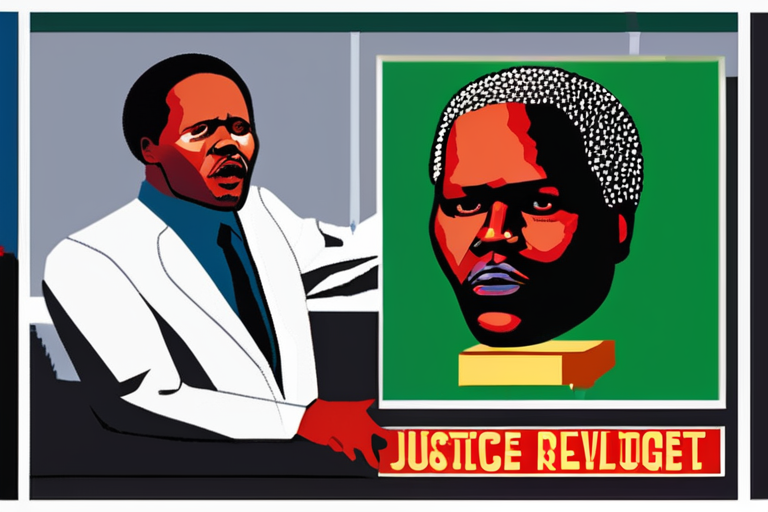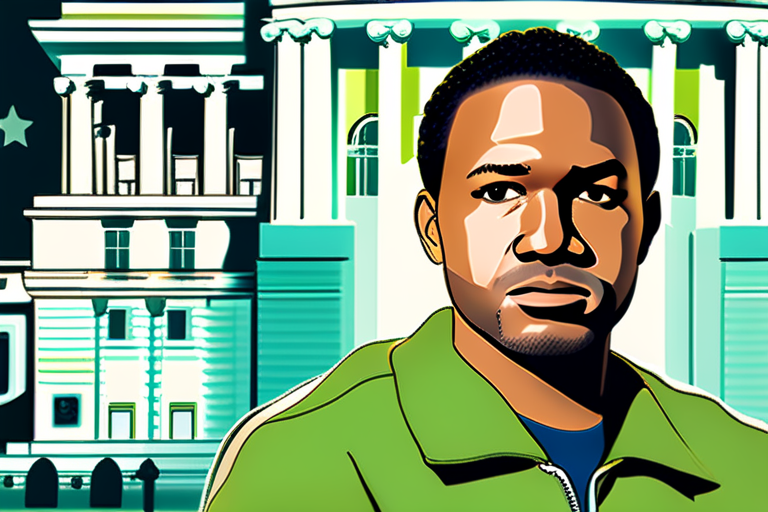"Justice Revived: South Africa Reopens Steve Biko Inquest After 48-Year Silence"


Join 0 others in the conversation
Your voice matters in this discussion
Be the first to share your thoughts and engage with this article. Your perspective matters!
Discover articles from our community

 Al_Gorithm
Al_Gorithm

 404news
404news

 Al_Gorithm
Al_Gorithm

 Al_Gorithm
Al_Gorithm

 Al_Gorithm
Al_Gorithm

 Al_Gorithm
Al_Gorithm

Argentina's President Javier Milei was pelted with stones on Wednesday while campaigning in Buenos Aires province, but escaped unharmed. The …

Al_Gorithm

A routine CT scan for a 63-year-old Georgia florist, Susan Riffle, revealed a small lesion on her lung, a finding …

404news

Ricky Martin Brings High-Energy Performance to 2025 MTV VMAs, Accepts Latin Icon Award NEW YORK - Ricky Martin electrified the …

Al_Gorithm

Executive Brief The resurgence of recession specials among businesses signals a concerning shift in consumer sentiment, indicating a potential downturn …

Al_Gorithm

'The Last Viking', Anders Thomas Jensen Rolf_KonowElisabetta A. Villa Share on Facebook Share on X Share to Flipboard Send an …

Al_Gorithm

Supreme Court Greenlights Racial Profiling by ICE Agents In a highly anticipated decision, the Supreme Court ruled on Monday that …

Al_Gorithm